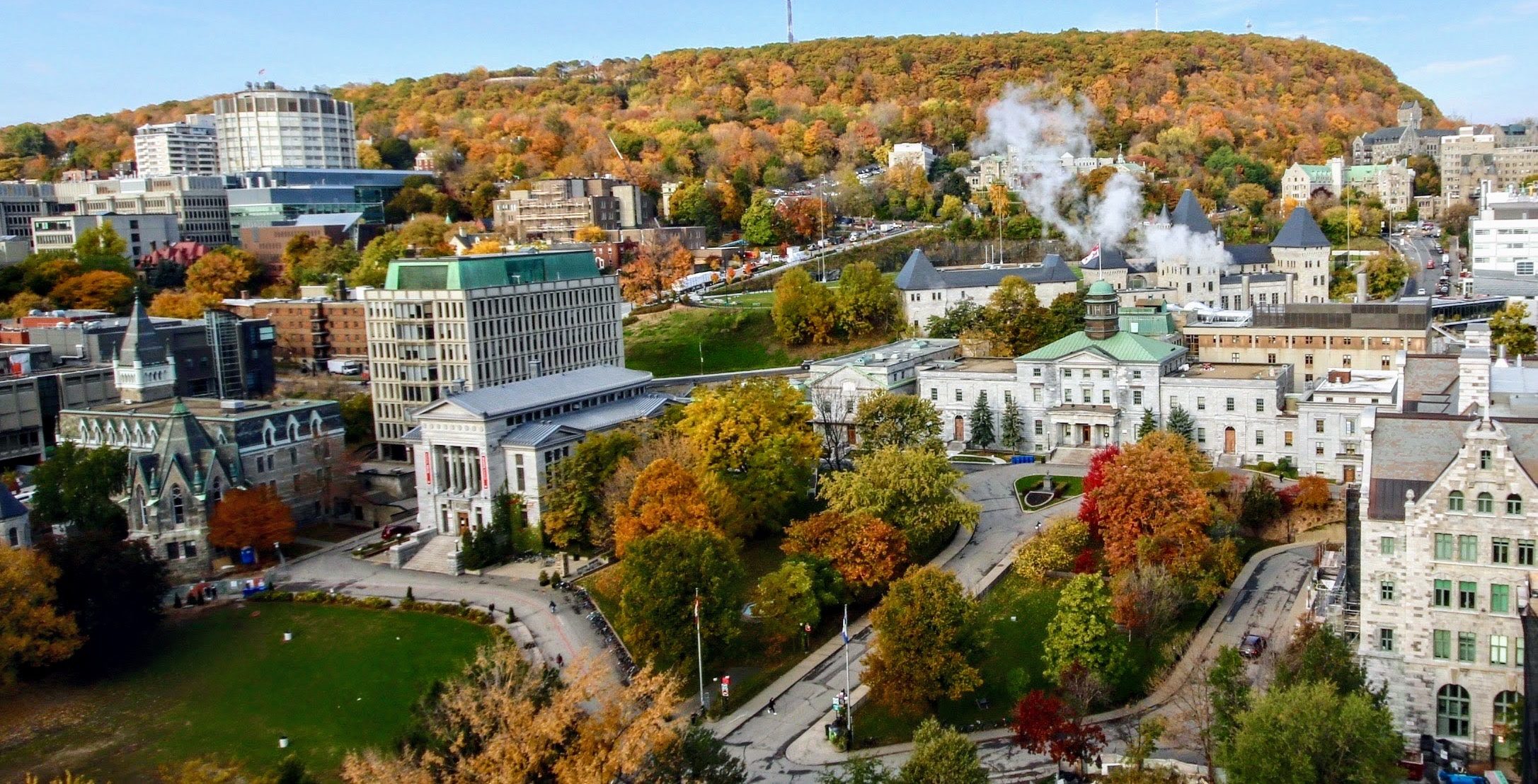Canada’s leading academic researchers require high-performance tools and innovative research spaces to tackle social, environmental, and economic issues that are important to Canadians.
The Government of Canada, through the Canada Foundation for Innovation (CFI), is providing more than $96 million in funding to support 377 new research infrastructure projects at 55 institutions from coast to coast. This total includes more than $22 million under the CFI’s Infrastructure Operating Fund to assist institutions with the incremental operating and maintenance costs associated with the new infrastructure.
This funding—made available through the CFI’s John R. Evans Leaders Fund (JELF)—helps universities attract and retain top research talent from around the world by providing researchers with the highly specialized infrastructure they need to be leaders in their field.
The fund is named after the late U of T President Emeritus John R. Evans, and aims to empower researchers with the equipment and technology they need to move their projects forward and maximize their impact. The funding also helps universities remain competitive in global research and technology development by helping to attract top researchers in their fields.
“Support from the Canada Foundation for Innovation ensures researchers are equipped for success at every stage of their career,” said Roseann O’Reilly Runte, president and CEO of CFI. “The John R. Evans Leaders Fund helps Canadian universities, institutes and research hospitals create the conditions necessary for their talented researchers to excel.”
Here are some of the projects the CFI is supporting with research infrastructure funding:
- Researchers at Vancouver Island University in Nanaimo, British Columbia, want to understand how marine heatwaves affect the health of fish and shellfish on Canada’s West Coast. These heatwaves are occurring more frequently due to climate change and harm marine life and as a result, the social and economic outcomes for First Nations and coastal communities.
- A project at McGill University in Montréal, Quebec, will focus on the ill-defined relationship between bacteria in the human gut, metabolism and the immune system. The research will help design new, more effective drugs to treat inflammatory bowel diseases, obesity, asthma and other chronic diseases.
- Researchers at Cape Breton University in Sydney, Nova Scotia, will produce interactive, historical tours to highlight how the island’s communities are adapting to the departure of their coal and steel industries. The tours aim to preserve the history of the island’s bygone industries and increase our understanding of how communities at large adapt to their absence.
- A University of Calgary team will develop a new way to measure the health of restored wetlands in the Alberta oil sands, helping the oil and gas industry restore the health and biodiversity of former industrial landscapes.
- Researchers at the University of Ottawa will advance their pioneering work on rare, genetic diseases that affect children to identify better treatments with fewer side effects.
- The University of Winnipeg will be home to an Indigenous research centre of community learning and engagement for Indigenous youth. The centre’s digital media labs, studio and collaborative workspace will enhance art practices, foster mentorship of emerging artists, students and scholars, and will provide opportunities for technology-based skills training and development for Indigenous, new Canadian and non-Indigenous populations.
- At the University of Toronto, researchers will study how certain neural circuits in the brain affect decision-making to understand why mental illness, which frequently appears early on in life, can often lead to poor decision-making. This project could create new mental health treatments earlier in life to mitigate disease progression, reduce mental healthcare costs and improve the quality of life of millions of Canadians struggling with mental illness.
“The crucial support provided by the Canada Foundation for Innovation underpins the important research that takes places every day across our three campuses,” said Ted Sargent, U of T’s vice-president, research and innovation, and strategic initiatives. “Researchers at U of T are addressing some of the most complex and interesting challenges of our time, in fields ranging from the humanities and social sciences to medicine and engineering, and they depend on facilities, equipment and technology to help realize their discoveries.”
For further information on the JELF applications and funding streams, click here.
Featured image: McGill University in Montréal, Quebec.











